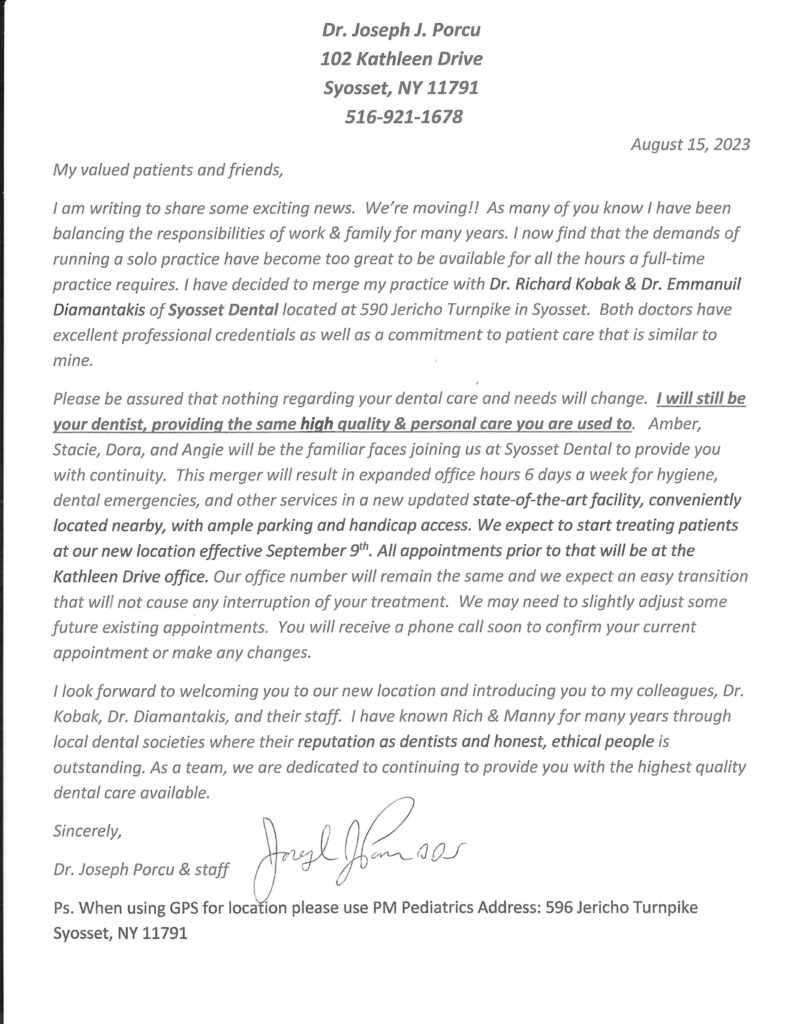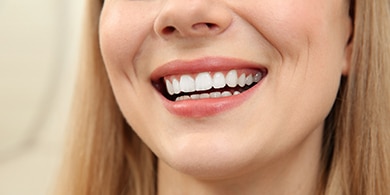 In general, keeping your smile healthy relies on just a few simple principles. Keep your teeth and gums clean and healthy on a consistent basis, and make sure you add visiting your dentist regularly to your schedule of important things to do. Sometimes, though, your oral health care involves more than safeguarding your smile against common things like tooth decay and gum disease. For instance, part of the reason for visiting your dentist on a regular basis is to ensure that every part of your bite is functioning properly. Otherwise, the consequences to your oral health could become more severe than you’d expect.
In general, keeping your smile healthy relies on just a few simple principles. Keep your teeth and gums clean and healthy on a consistent basis, and make sure you add visiting your dentist regularly to your schedule of important things to do. Sometimes, though, your oral health care involves more than safeguarding your smile against common things like tooth decay and gum disease. For instance, part of the reason for visiting your dentist on a regular basis is to ensure that every part of your bite is functioning properly. Otherwise, the consequences to your oral health could become more severe than you’d expect.
It takes every part of your smile to work
Your bite takes a lot more than it seems to function properly. The movement of your jaw is controlled by a complex set of muscles and a pair of combination gliding-and-hinge joints. These temporomandibular joints (TMJs) move together as you bite, chew, and speak, and that movement relies heavily on the alignment of your teeth, among many other things. Because of this intricate relationship, issues with your bite’s function can develop from a wide range of underlying factors, and the symptoms they cause can often become severe.
Bite dysfunction comes in many forms
While bite dysfunction comes in a wide range of different forms, some of the most common involve the uncontrolled grinding of your teeth (bruxism) and/or damage to your TMJs (TMJ disorder). The grinding associated with bruxism is subconscious and largely uncontrollable. For many patients, it’s mostly a nighttime condition, making it even less controllable. In the case of TMJ disorder, things such as an imbalance in your bite or excessive pressure, such as from bruxism, can lead to damage to one or both of your jaw joints. This not only inhibits your bite function, but also leads to a host of aches and pains.
The symptoms of unhealthy bite function
Much like the nature of common bite dysfunctions, the symptoms you experience can also differ from those of other people. For instance, if you have teeth-grinding, you might begin to experience tooth sensitivity and damage to your tooth structure. If you have TMJ disorder, you could suffer from popping sensations and pain in your jaw, chronic headaches, earaches, and much more. The best way to determine if you have a bite dysfunction and receive appropriate treatment for it is with a thorough examination and diagnosis at your dentist’s office.
Improve the way your bite works
Your bite’s function is the result of many different factors, and ensuring they’re all healthy and working properly is an important part of professional dental care. For more information, schedule a visit by calling Syosset Dental in Syosset, NY, today at 516-433-2211 or 516-921-1678.











